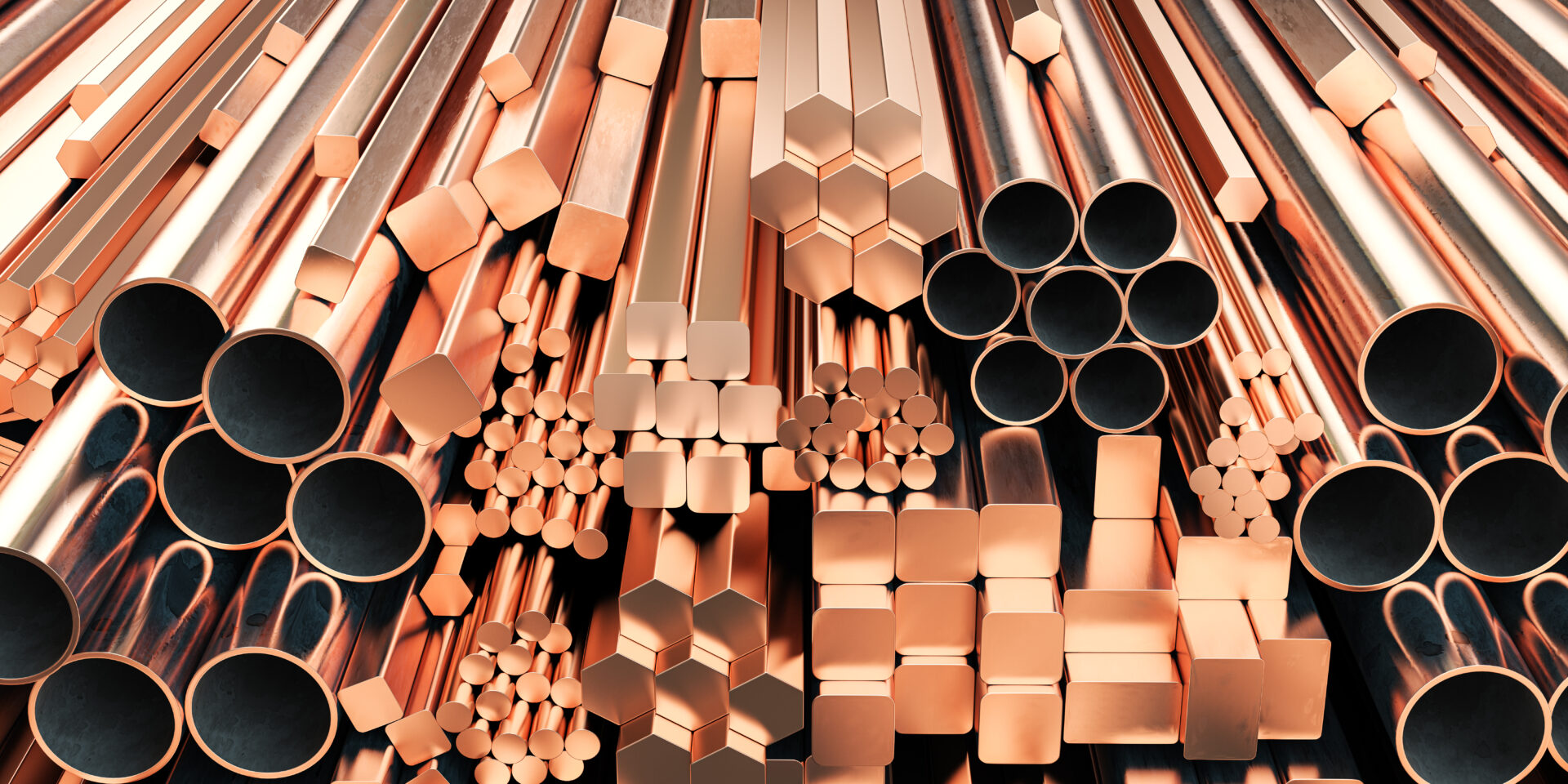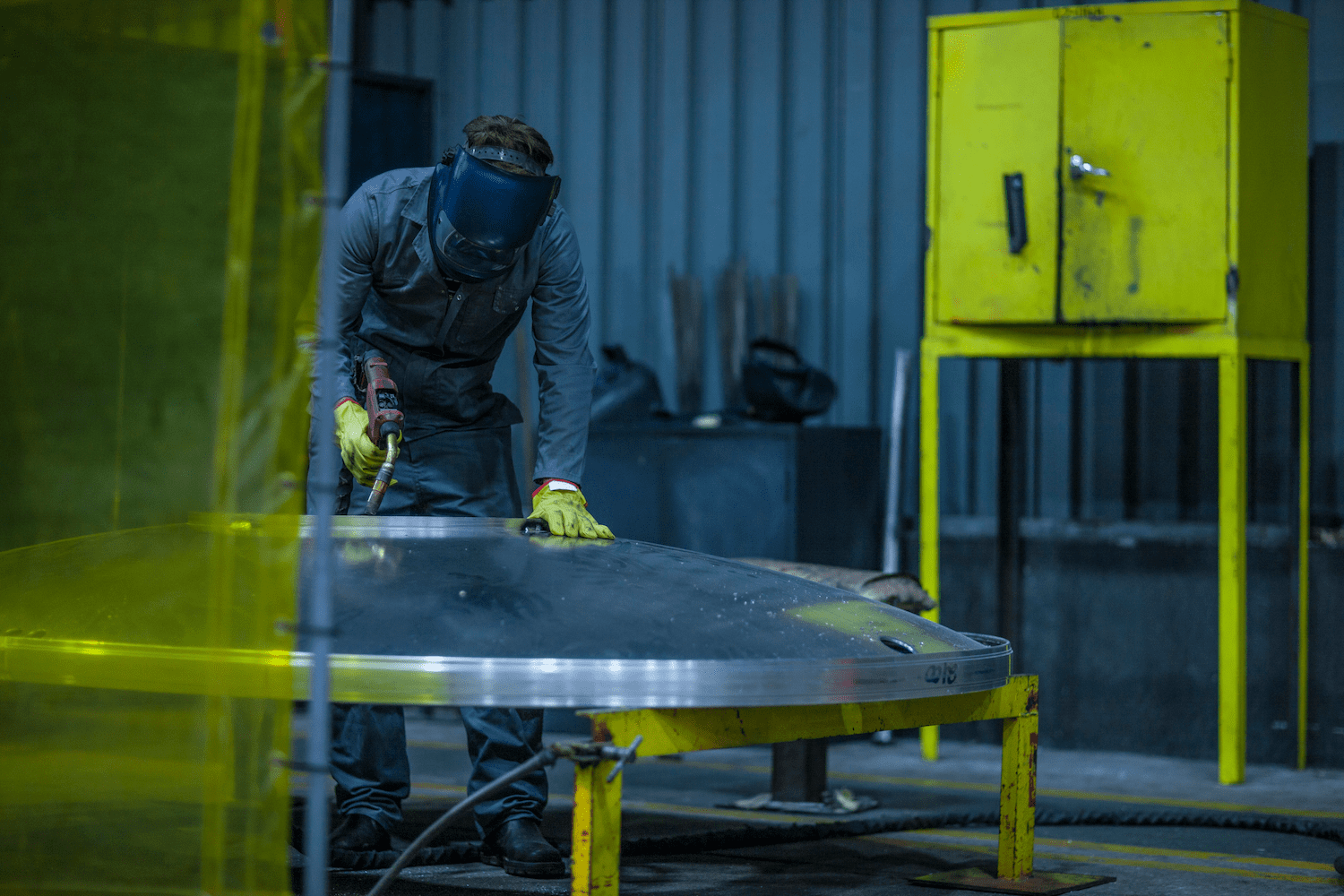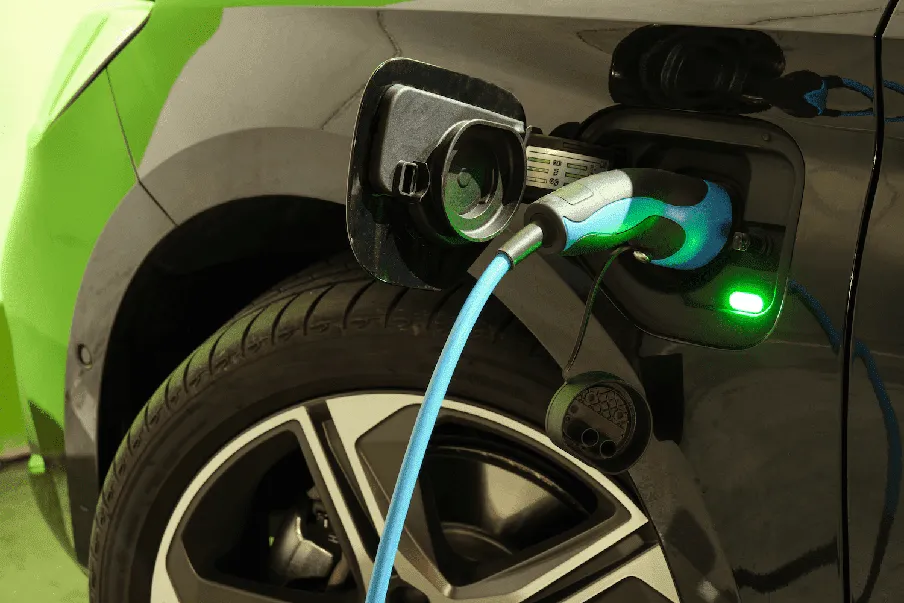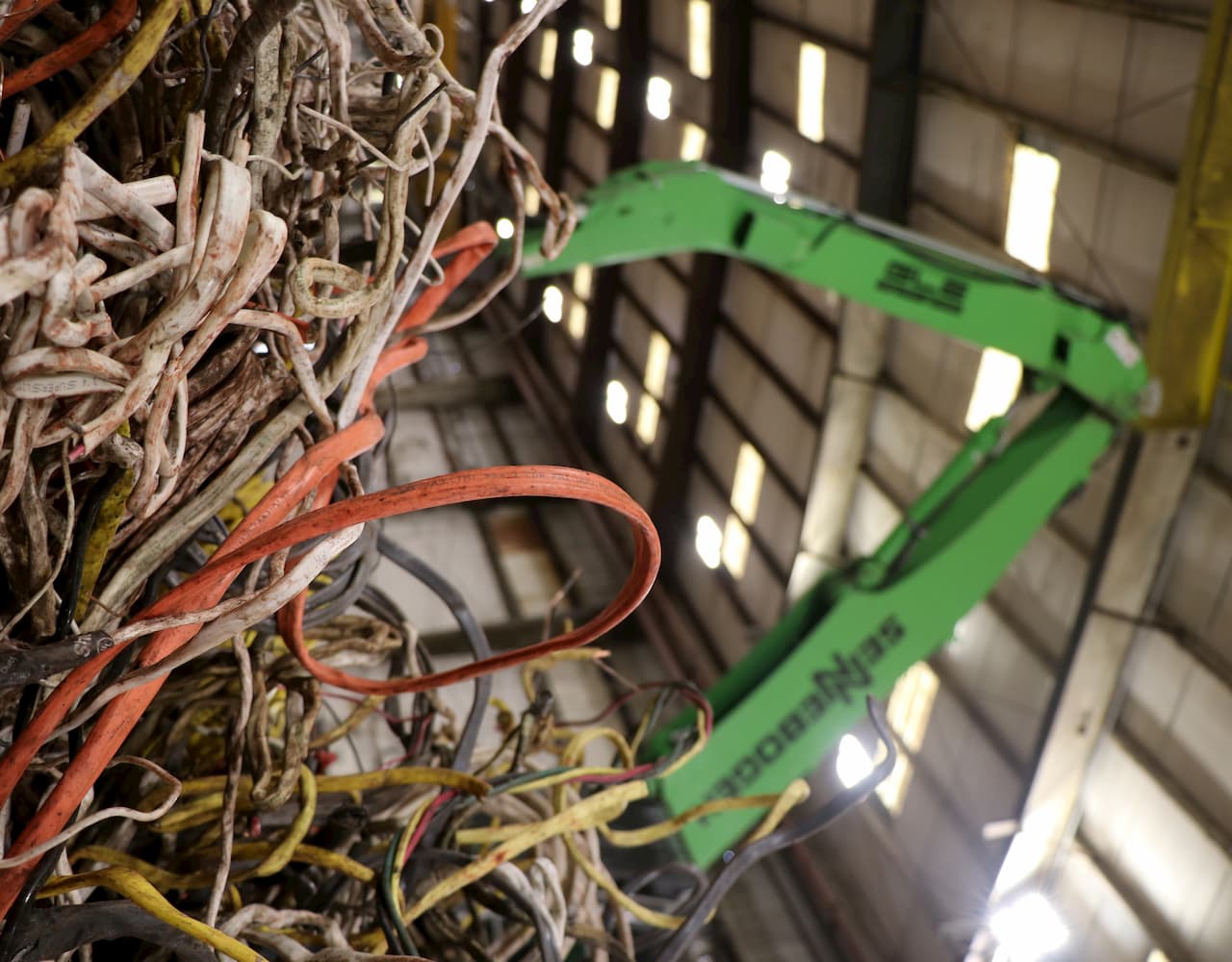
Bottled water, recycled bottles, reusable bags, etc. Is recycling metal really important for the future?
There are tons of new products being introduced every year to help with one central problem: Scarcity. It’s exactly what we all think it is. Things run out, and that includes natural resources.
Recycling Metals Matters
It’s hard for some people to wrap their head around the topic, but there’s a limited supply of water, fuel, and other things that we use every day. Natural resources are the things that make the world function.
With the human population now above 7 billion, the threat of overuse and the alarming depletion of natural resources is a genuine concern. This is where GLE Scrap Metal and its recycling of metals becomes critical to our future.
Recycling Metals
The common use of ferrous metals in construction and life makes it very important to recycle these materials so they’re available for future generations.
When looking at limited metals, it’s important to consider the two types of metals that are being recycled. Although the image of the can collector rummaging through trash bins is a common one associated with recycling, ferrous metals are the most recycled. The high use of steel and other iron-rich metals used for construction make up the majority of recycled metals.
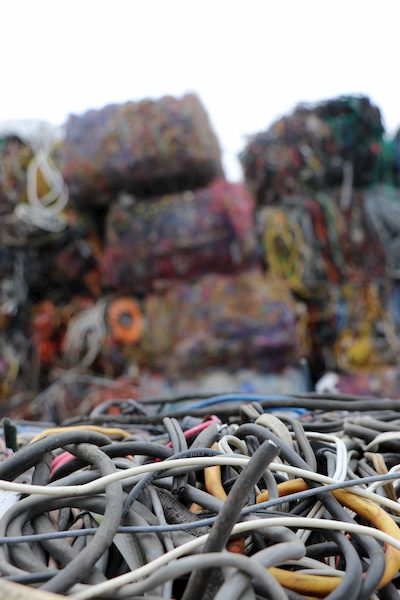
The growth of countries around the world and the expected construction boom in the United States will only increase the demand for ferrous metals. In order for scarcity and mineral depletion to negatively affect the world, the 40 percent rate of reused materials needs to be maintained, if not improved altogether.
Electronics
Non-ferrous metals can also be found in small electronics. Although a lot of non-ferrous metals are used, the four most prominent are copper, gold, silver, and palladium.
It’s well known that copper is used in electrical wiring, and in homes and appliances. When homes are demolished and appliances get thrown out, this copper is wasted. At the rate of growth for home building destruction, as well as perishable electronics, the use of copper creates a heightened need for recycling.
Gold Recycling
Gold is used for more than just jewelry. Because it degrades at such a slow rate, it is preferred in high-end electronics. There’s been a saying that there’s enough gold in cemeteries to fund most countries. This is soon going to be applicable to landfills as well.
Similar to gold, silver is used as well. However, silver is preferred because it’s a better conductor than gold and handles stronger types of currents.
The Lesser Known Metal, Palladium
As well-known and common as these three metals are, palladium is actually the most commonly used metal. With the advance of computers and other computing devices, palladium use continues to grow at an astronomical rate.
Because small amounts can be diffused throughout small components of electronic devices, palladium is used in nearly all electronic devices. There are no computer chips, circuit boards, or other brains for electronics without palladium.
Is Recycling Metal Really Important for the Future?
These non-ferrous metals are only a few examples of how scarcity provides an increased need for recycling. These precious metals are now needed for everyday modern use. They are precious non-ferrous metals by definition, and the ever-expanding need for these materials is shortening the lifespan — which is the very definition of scarcity. This reality is why recycling is so important.
Contact GLE Scrap Metal today for more information of what items in your homes can be recycled. We can let you know how to turn old junk into your home into cash in your pocket. Call GLE Scrap today at 855-SCRAP-88 to request a quote.

